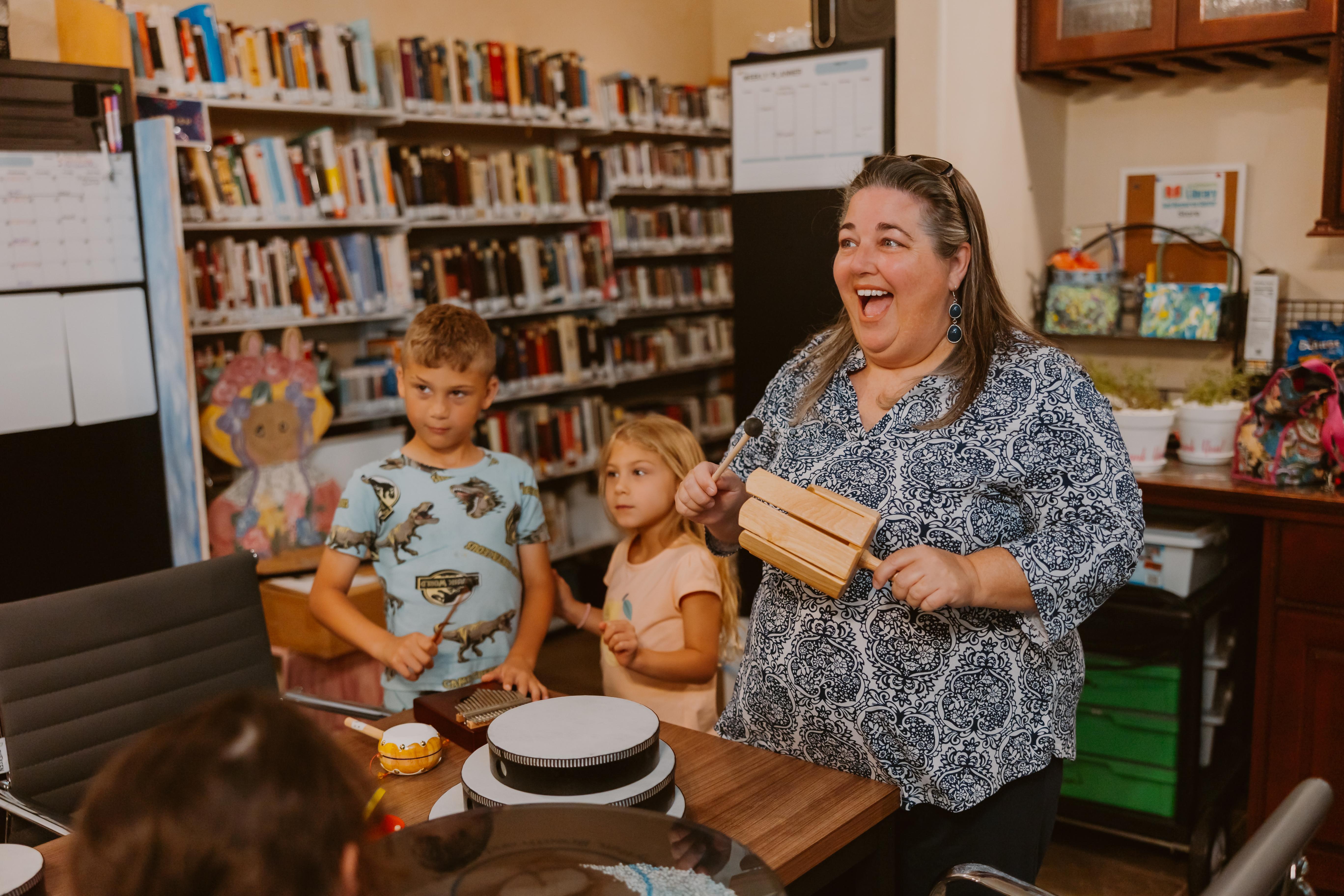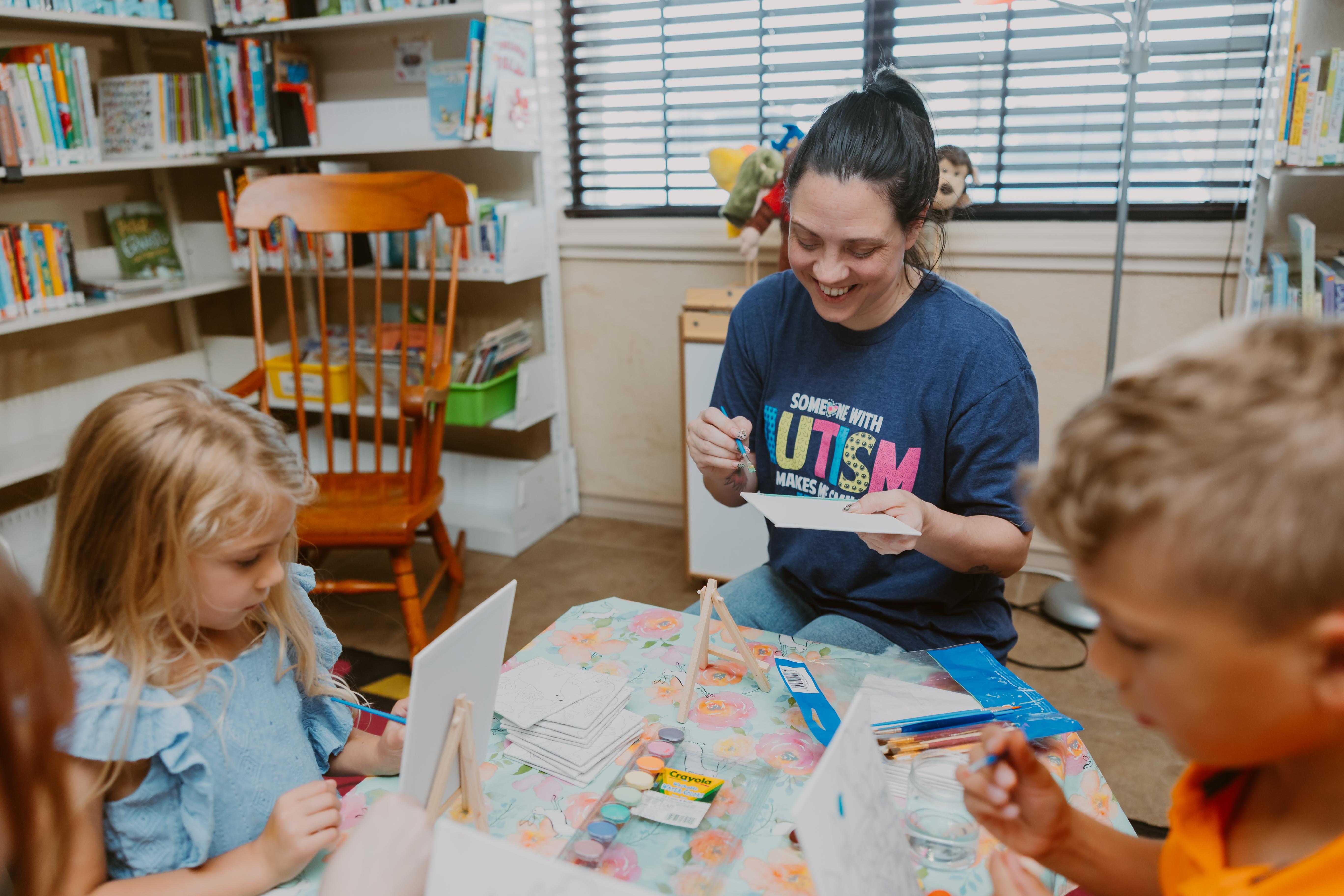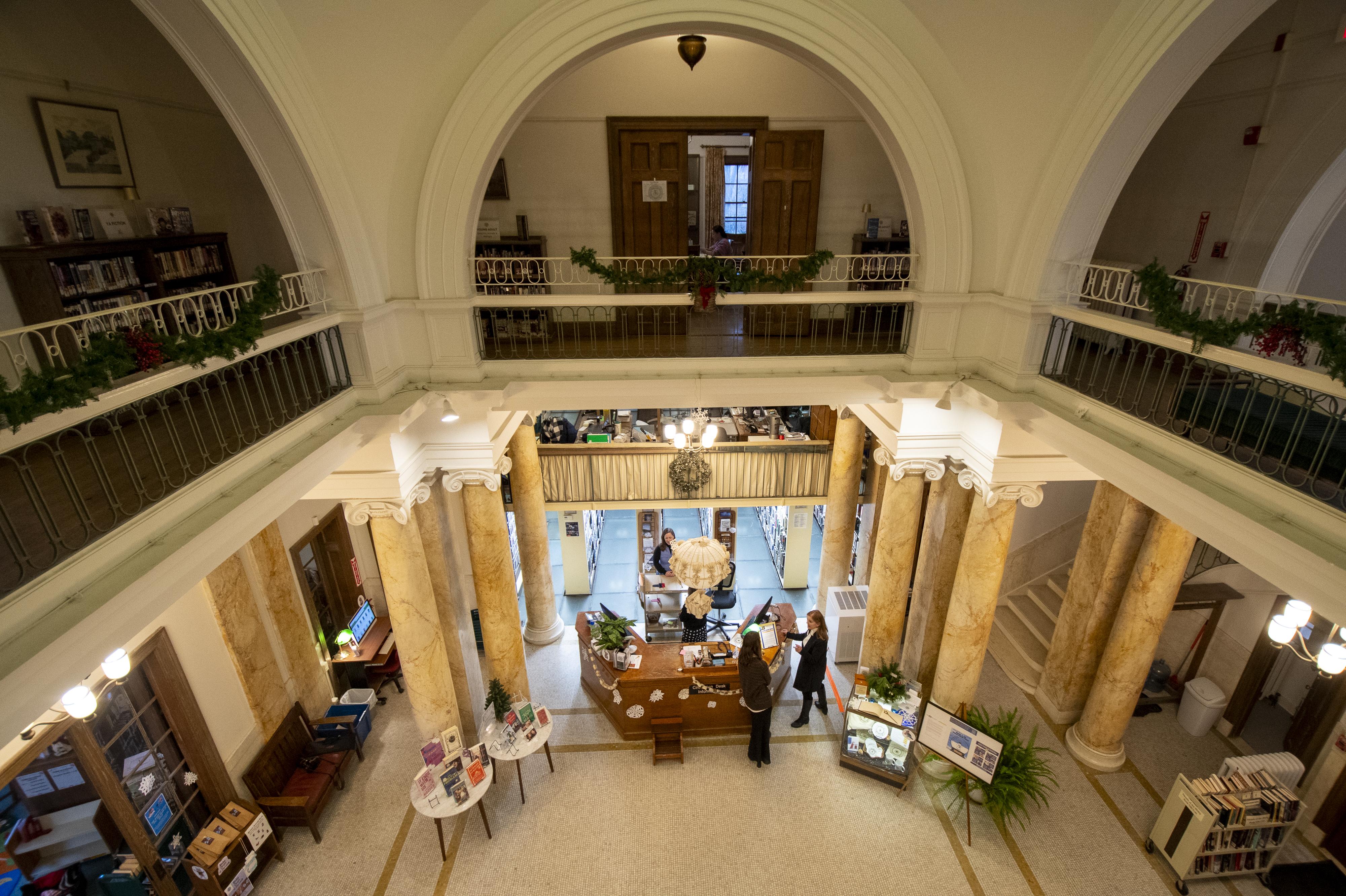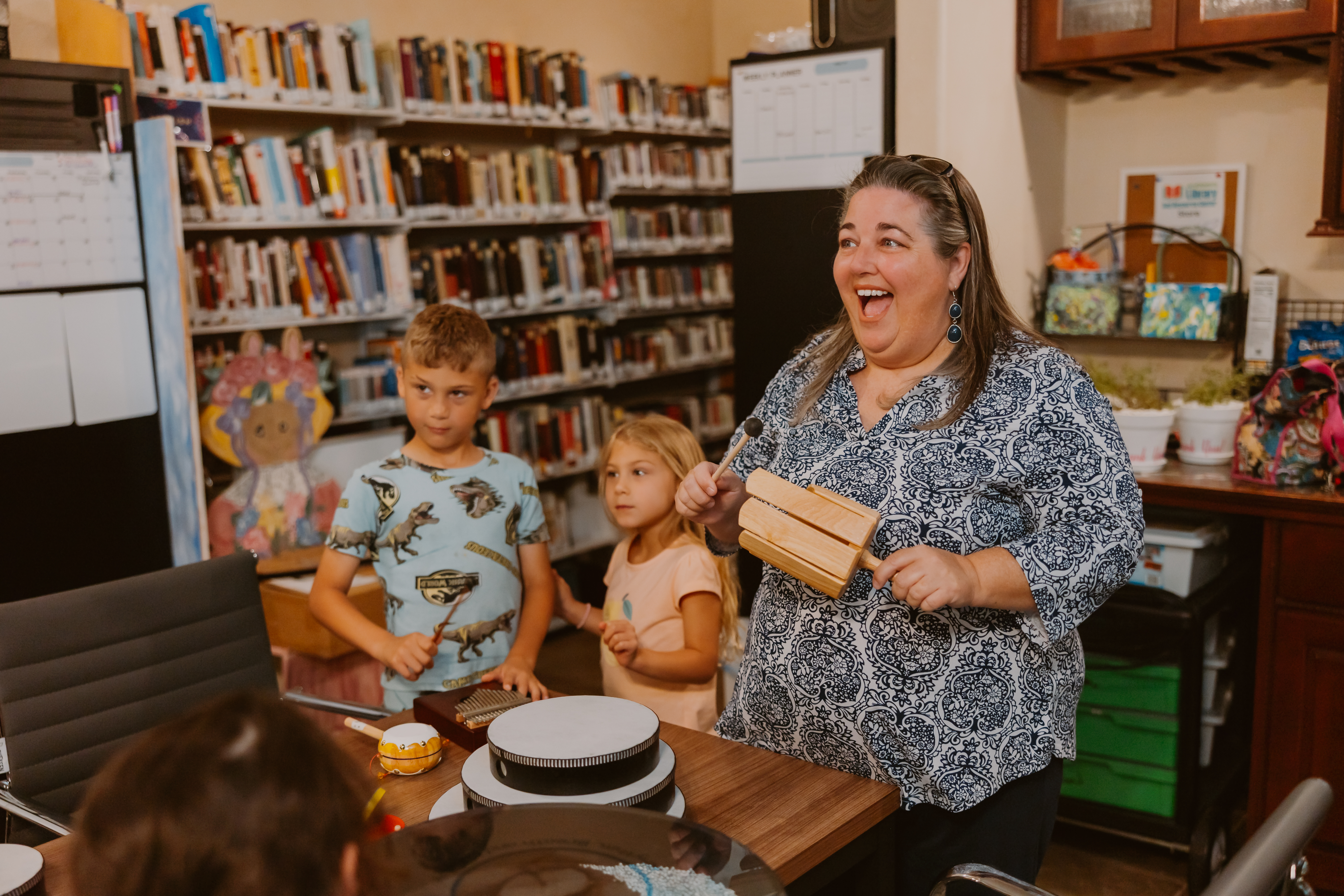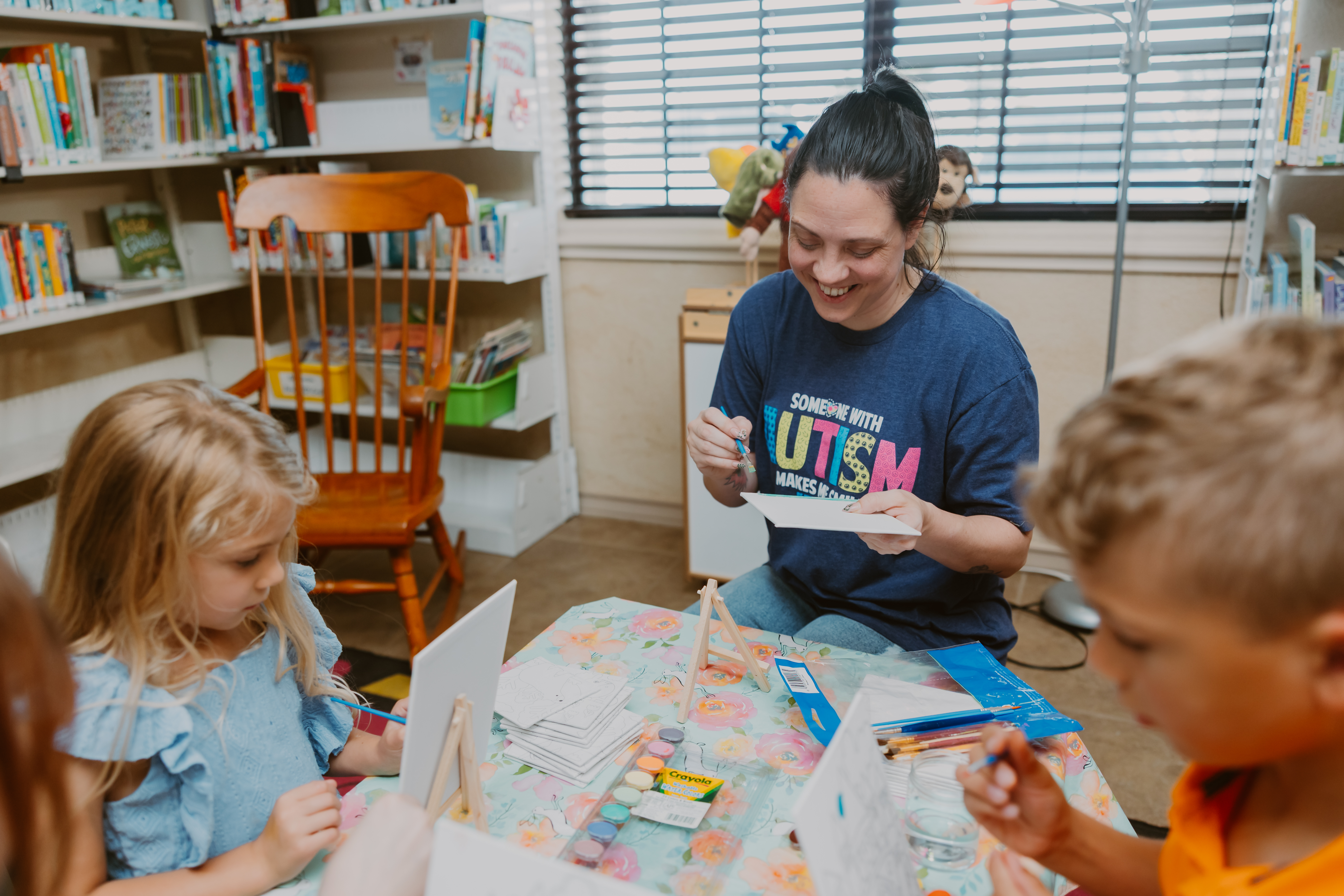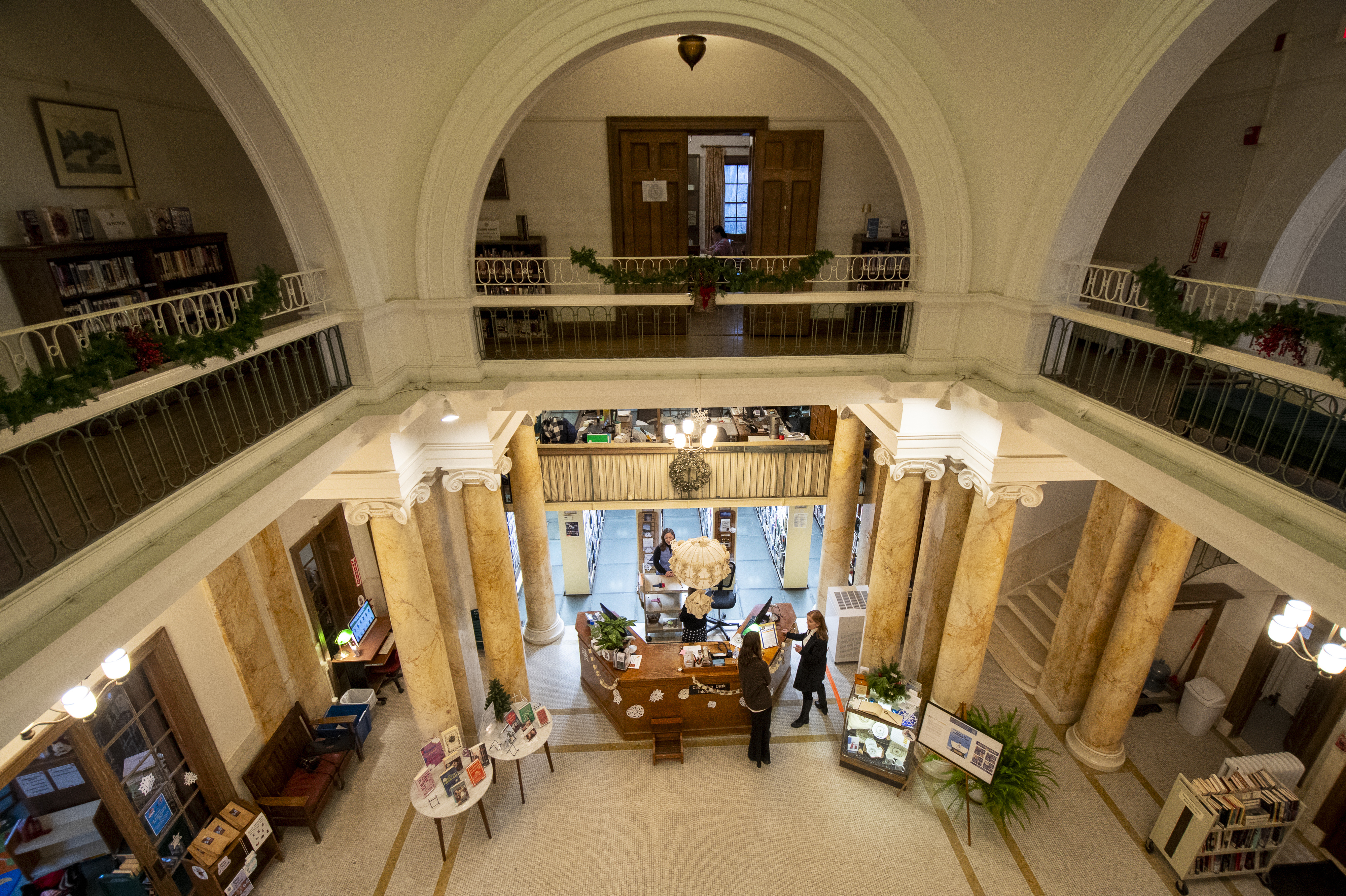In March 2025, ALA announced 300 libraries selected for round three funding, bringing the total number of libraries to 662, representing 48 U.S. states and the Northern Mariana Islands. View the full list of grantees awarded.
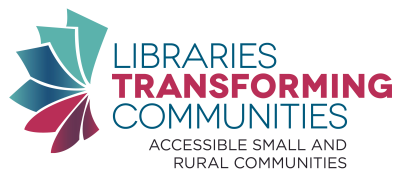
Library workers may now apply online for funding from September 11, 2025, to December 11, 2025. Up to 300 libraries will be awarded in this application period.
Libraries that have been awarded in previous rounds of funding are eligible to apply. Note that prioritization will be given to applicants not previously awarded.
Interested applicants can register for a pre-application webinar on October 1, 2025 at 1:00 pm CST.
Libraries selected will receive $10,000 or $20,000 to support costs related to their community engagement project; virtual training to assist project directors in developing their community engagement, facilitation, and disability service skills; a suite of online resources developed to support local programs; and technical and project support from the ALA Public Programs Office throughout the grant term.
To see what previous LTC: Access grantees have done with grant funding, see the case study page on the ALA website.

